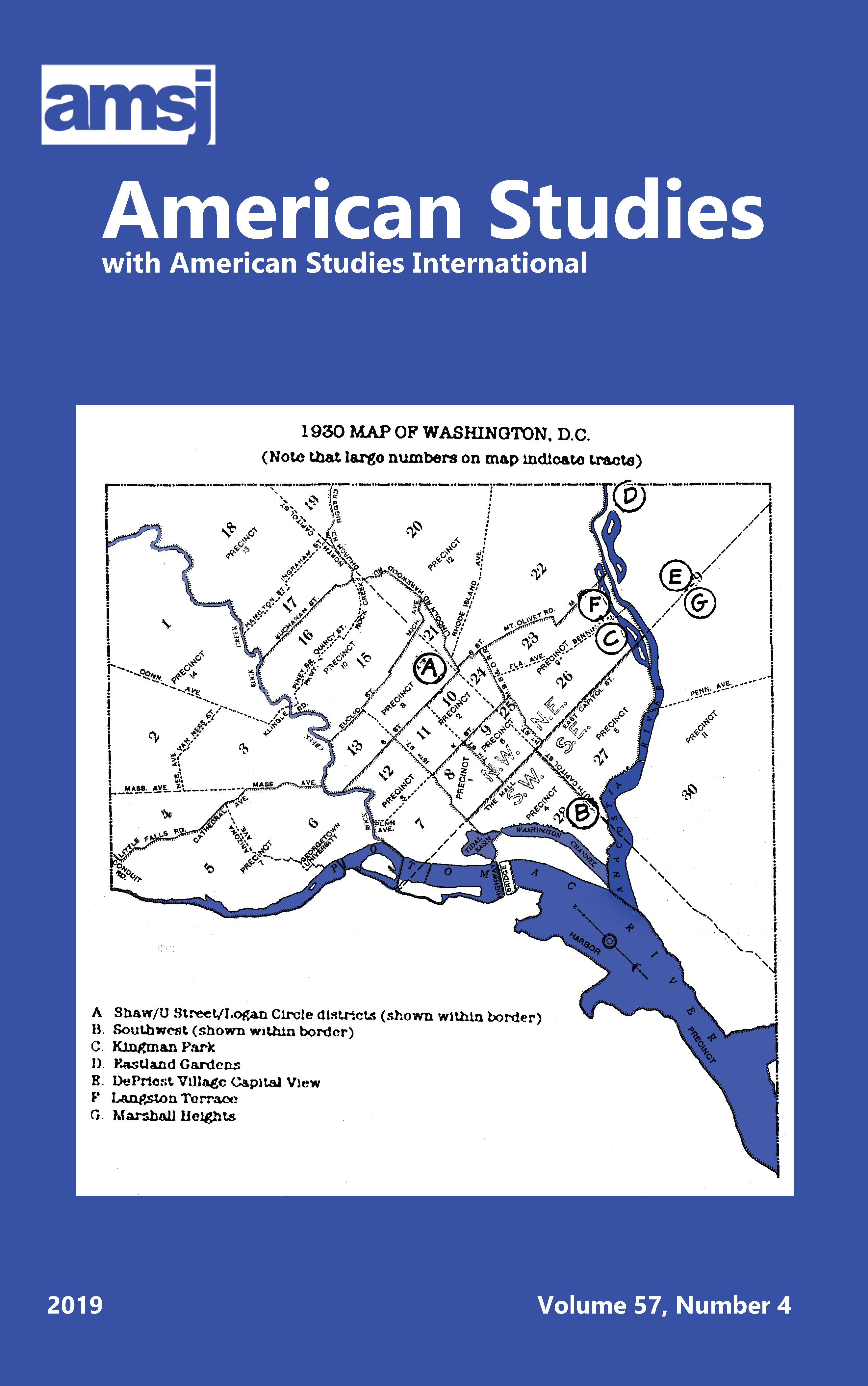Resumen
My work examines how the radical immigrant miners of Franklin County, Illinois preserved radical sentiment in southern Illinois during the mid 1920s, despite the decline of both the coal industry in the region and radicalism within the United Mine Workers of America (UMWA). In particular, this paper focuses on the grassroots activism and interethnic solidarity displayed by union miners from southern Illinois at the 42nd annual convention of the Illinois Federation of Labor in 1924. A number of mining representatives disrupted the proceedings and demanded that the conference openly denounce the Ku Klux Klan and their use of terrorism within mining communities. Despite the prevalence of Klan attacks on union members, the miners met heavy opposition from the UMWA hierarchy present at the convention. This was due to not only the political influence held by the KKK in the area, but also the southern Illinois organizers’ affiliation with the Communist party. The dispute at this convention spoke to the presence of a divided working class in southern Illinois that often erupted in violent conflicts based on ethnic identity, national origin, and radical affiliation. I contend that the events at this convention informed the next decade of labor disputes in the coalfields of Franklin County, in which the UMWA consistently neglected the needs of their immigrant members and left them exposed to repression at the hands of the coal operators, the KKK, and the courts.
All items © Mid-America American Studies Association
Authors: If you prefer to remove your text(s) from this database please contact the editor.

